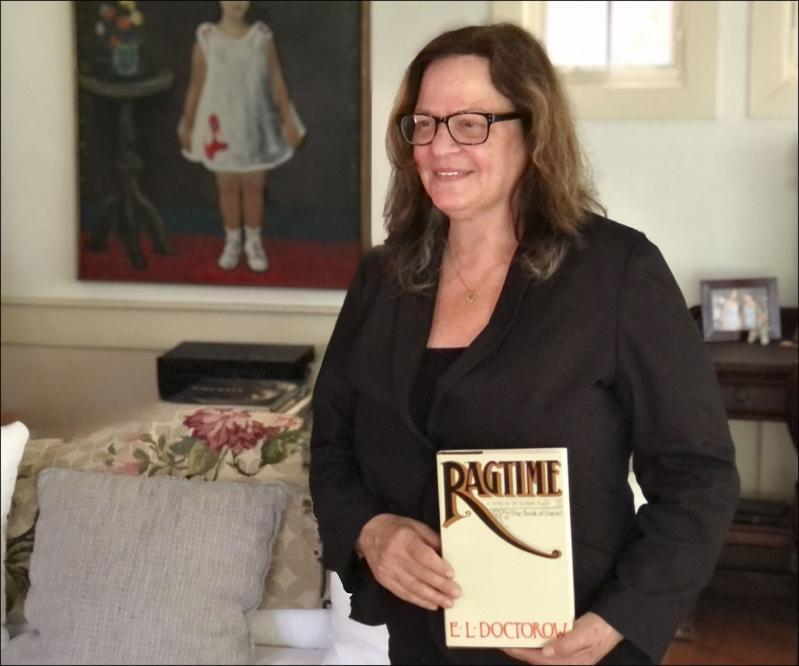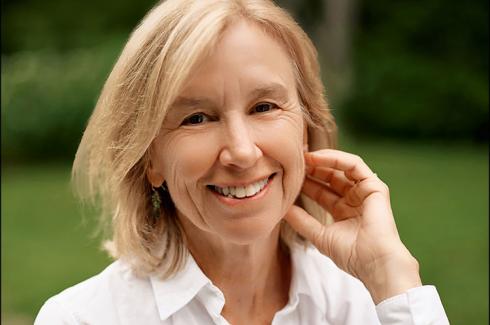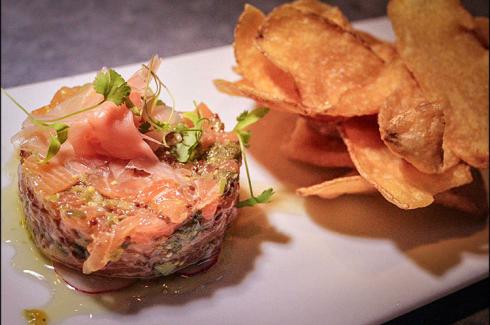Almost 50 years ago to the day, Christopher Lehmann-Haupt, the longtime book critic for The New York Times, called E.L. Doctorow’s “Ragtime” a “novel so immediate and accessible that it resists the label ‘experimental,’ and at the same time is an experiment so thoroughly successful that it cannot help but be immediate and accessible.”
As the 50th anniversary of its publication approached, the author’s family — his daughter Caroline, her brother, Richard, her sister, Jenny, and their mother, Helen Esther Setzer, who is 94 — wondered how to celebrate the milestone.
“The answer came to me when City Center put on a production of ‘Ragtime: The Musical,’ ” said Ms. Doctorow, an award-winning singer-songwriter. “I happened to go with my daughters right after the presidential election in November, and it really hit like a ton of bricks that ‘Ragtime’ resonated even more today than it did when my father wrote it. It was an astonishing production.” (The musical is coming to Lincoln Center starting Sept. 26; tickets are now on sale.)
“ ‘Ragtime’ at 50,” a multimedia event created by Ms. Doctorow to celebrate the anniversary of her father’s novel, will take place at the East Hampton Library on Sunday at 2 p.m.
The novel, her father’s fourth, is set in New York City between 1902 and 1915. The story follows three main families: a white upper-class family living in New Rochelle; Tateh, a Jewish immigrant who arrives with his daughter in America seeking a better life, only to face poverty on the Lower East Side, and Coalhouse Walker Jr., a ragtime pianist who falls for a domestic worker, who has his child.
Interwoven with the lives and conflicts facing the fictional characters are such historical figures as Henry Ford, J.P. Morgan, Emma Goldman, Booker T. Washington, Evelyn Nesbit, Stanford White, and Harry Thaw, among many others.
“The novel explores immigration, racial animosity, the role of women — and all those things put together somehow speak to us so clearly today,” said Ms. Doctorow. “I can’t really stress that enough. People in the audience at the musical were literally weeping. Right after that, I started to put together the presentation.”
It took her many months of recollecting, writing, researching, collecting photographs, and going through her father’s letters. “I try to define the novel and express why it was such a smash at the time.” It won the National Book Critics Circle Award for Fiction in 1975 and the American Academy and Institute of Arts and Letters Award in 1976. The paperback rights were sold at auction for a reported $1.8 million, a record-breaking amount at the time for a paperback.
Ms. Doctorow will discuss the three novels her father wrote before “Ragtime,” how they led up to it, and an interval of writer’s block he endured before the novel presented itself to him. She will show a photograph of the study he wrote the book in with the typewriter he used, which the family still has.
“I talk a lot about his childhood, which was really interesting. He grew up in the Bronx, and education and music were the top priority of his parents.” She will also discuss his parents’ upbringing, and how, even as a very young boy, her father began to think of himself as a writer.
Before he was able to work at writing full time, Doctorow spent nine years as a book editor, first at New American Library, and, from 1964, as editor in chief at Dial Press, where he edited works by James Baldwin, Norman Mailer, William Kennedy, and, of particular relevance to Caroline, Joan Baez.
“He approached her when she was still in her 20s, and they came up with an autobiography called ‘Daybreak.’ ” According to an interview with the Fall River (Mass.) Herald-News, Ms. Doctorow was 8 or 9 when Ms. Baez dropped by her family’s house in New Rochelle. She had just starting taking guitar lessons, and Ms. Baez taught her a few chords.
“That had a little bit to do with my becoming a folk singer,” she said — admittedly an understatement — although she added that folk music was a big part of her father’s life.
Asked if the author ever spoke in any detail about what he was writing, she said, “He might say a sentence, but he very clearly said that talking about writing isn’t writing, and that outlining something isn’t writing. The only thing that’s writing is the actual writing.”
“I was maybe 15 when he started to write ‘Ragtime,’ and I do remember in all the years I lived in that New Rochelle house, his study was on the third floor. You could hear him typing and I would mistake the typing for thunder. He would have these bursts of creative energy.”
Of her father’s post-”Ragtime” success, she said, “Back then, unlike today, fame sort of gathered momentum. It didn’t catch up with you in the same way it might today. So I wouldn’t say I was aware in the beginning about ‘Ragtime,’ but gradually as the years evolved it became a bigger presence in our lives.”
She noted that her parents were savers rather than spenders. “They lived in that house in New Rochelle for many years, and they didn’t move to Hollywood and they didn’t build a swimming pool. It just wasn’t their style to suddenly want to live a different life.”
The Doctorows were first lured to Sag Harbor by Vincent Bruno, an artist who had been her father’s roommate at Kenyon College in Ohio. “He convinced my parents to come look at it,” and they wound up renting what is now the home of the Sag Harbor Historical Society. They continued to come east, and finally bought their house on Union Street in 1976.
Ms. Doctorow will sing a couple of songs at the library. “I would feel a little weird standing up in front of an audience and not singing at least one song,” she said. As for writing, “I love to write songs, but writing a novel is not really something I think I’m capable of. So I like the short three paragraphs of a song to tell a story.”




